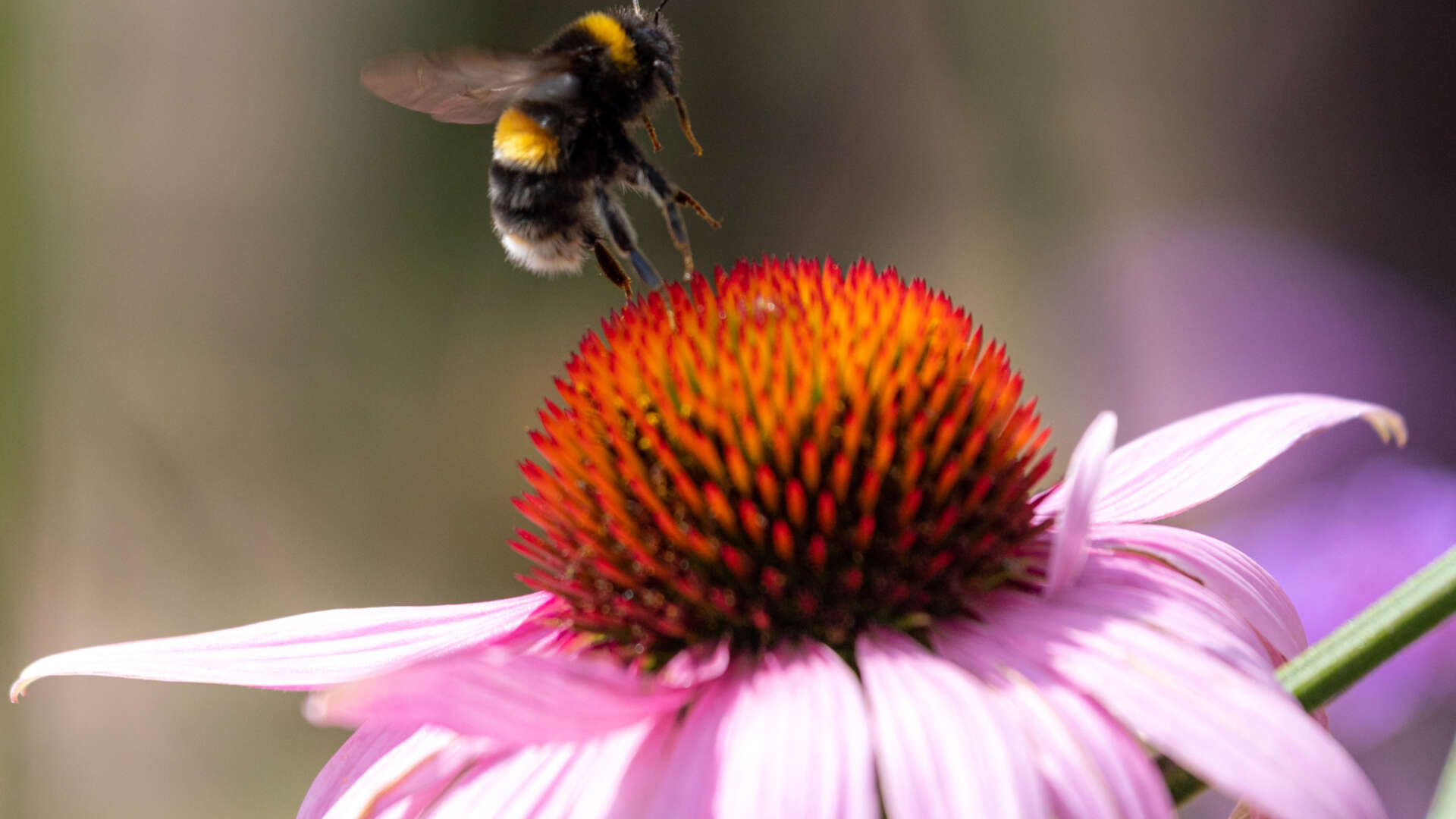Garden Organic and PAN UK working together

Both organisations actively campaign to promote safe and sustainable alternatives to pesticides. Their combined expertise - whether in organic growing (Garden Organic) or in scientific research (PAN UK) - creates a strong voice for those who want their homes, gardens, urban areas and agriculture to be free of dangerous chemicals.
“We are delighted to be working with PAN UK,” says James Campbell, Garden Organic’s Chief Executive. “Their access to scientific research highlights the complexity and dangers of today’s plethora of chemicals available to the non-organic grower. Their campaigning strengths complement our own, so that we can reach a wider and more powerful audience, including local councils and international governments. Together we can speak for the concerned individual who wants a safe, natural growing environment.”
Keith Tyrell, Director of PAN UK added, “PAN UK and Garden Organic are on the same mission - to promote truly sustainable, non-chemical alternatives to pesticides which protect both people and the natural environment. Given Garden Organic’s six decades of experience in organic horticulture, we are incredibly excited to be teaming up with them. Whether it’s lobbying the UK government for stronger support for the organic sector post-Brexit, or working together to make UK towns and cities pesticide-free, our collaboration will strengthen the call for a greener, healthier future.”
Over the coming months, GO and PAN UK will be working together on a number of initiatives, including:
• Supporting Pesticide Action Week (20 – 30 March)
• Helping to build the movement for a ‘Pesticide-Free London’ – mobilising Londoners to contact their candidates ahead of the city-wide council elections on 3rd May and ask them to pledge to make their borough pesticide-free if they are elected.
• Continuing campaigning for the strongest possible pesticide laws post-Brexit, as well as increased support for non-chemical alternatives.
More about PAN UK
PAN UK was established thirty years ago and is part of a global network of over 600 non-governmental organisations, institutions and individuals tackling the problems caused by pesticides.
Their work includes campaigning for change in policy and practices in the UK and overseas, co-ordinating projects in the developing world which help smallholder farming communities escape ill-health and poverty caused by pesticides, and contributing a wealth of scientific and technical expertise to the work of other organisations who share our aims.
They write: "Since our creation, we have been at the forefront of international and national pesticide policy and had numerous notable successes. For example, we were instrumental in establishing the Rotterdam Convention to control the trade in hazardous chemicals and pesticides, and our tenacious campaigning has led to global bans on Highly Hazardous Pesticides lindane and endosulfan. We also pioneered organic cotton in Africa, training and supporting thousands of farmers to switch from conventional to organic methods of production.
In the UK, hundreds of thousands of people and the natural environment are benefitting from local bans on pesticide use in urban spaces thanks to our Pesticide-Free Towns campaign. We were also the first ones to spot the link between the use of neonicotinoids and the decline in populations of bees and other pollinators. Since then we have been instrumental in the campaign that led to the recent announcement from the UK government that they will support the ban on neonicotinoids and bring it into UK law post-Brexit."
In 2018, the organisation’s priorities in the UK are supporting local Pesticide-Free Towns campaigns across the country and lobbying to ensure we retain strong pesticide laws after we exit the EU.
For more information on PAN UK please see our website: http://www.pan-uk.org/about-us/ and http://www.pan-uk.org/pesticide-free/